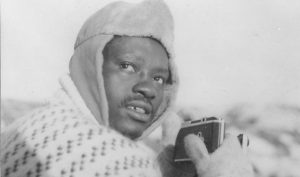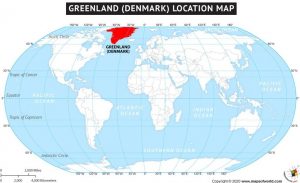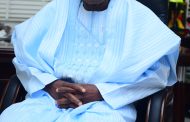There is no knowing what critical race theorists will say about the BBC documentary and the entire story around him but, on the whole, it is a fascinating narrative of the exertions of someone a reviewers calls a natural anthropologist. He refers to Tété-Michel Kpomassie whose story of an escape from snake-phobia in Togo to where there are no snakes made him the first African to land in Greenland, producing a complicated stuff on subjectivity, agency, identity, mythologies, adventure and the African.

A face of Tété-Michel Kpomassie
It is an out of this world story in the unbelievable dash that, in the late 1950s when there were few independent African countries, a teenager who had only a book as his guide would leave Togo in West Africa to be where he read that there are no snakes. It is a totally mesmerizing text in its combination of simplicity and riskiness. Yet, it happened and has been given a new freshness by the BBC via a podcast expertly handled by the presenter, Jo Fidgen.
And to know that the story is not ended but actually getting even more complicated raises the stakes: the France based 80 year old man wishes to return to Greenland, something the wife will have nothing to do with and for which reason she is seeking divorce. Is this a case of the spirit of man or of the kind of ‘madness’ that drives history or the story of an irredeemable wanderer or the impacts of lived experience?
The podcast is an inviting piece of narrativity. If the listener is not taken in by the unaffected voice of this amazing African, then s/he must by the details of the adventure: escaping from being initiated into priesthood of the snake-cult in his native Togo in West Africa because he feared snakes after an encounter; travelling across Africa into Europe and arriving as the first African in Greenland to culturally shocked hosts – the Inuits.
It was a journey against which no cautions against the huge difference between 30 Centigrade in West Africa and the minus 0 temperature digits in Greenland would dissuade him. So, he eventually landed in the place where the sun doesn’t go down in the summer at all and where ice and ice-bergs are common sights. These are some of his words in the podcast.

The red shade is Greenland in global space
It was so co cold he could not breathe at a point. That was in the mid-1960s when he made it there, causing the entire population to gather at the sight of the only black African they would ever behold. All talking stopped at his sight, children went to hide behind their mothers, with some calling him something of a devil who was frightening to them.
But he found welcome, with everyone wanting to offer him accommodation and the children following him all over. And the Police escort, surrounding the house he stayed to ensure no harm came to him. The arrival of the first African in the country was a national news item because no African had been there before.
Did he encounter racism? Yes, he did and he fought back, getting over it and moving on, particularly with the children following him everywhere and becoming his friends, unlike the more shy adults. They even started teaching him their language. And it turned out they were animists.
His description of the phenomenon of cold is such a striking one. “It is not only around you, it is inside you. You accept the cold and it accepts you”
It is probably not that surprising he wants to return there. He says in the podcast it was hard to leave Greenland anyway. Greenland, he also says, made him and he wants to go and die there. His wish is “to be buried at the feet of the iceberg”, with probably something like “Greenland I love you”
That is not what the wife accepts, thereby putting divorce on the card. It is not clear where his two sons stand on that. Unless he is dissuaded, his stand at the moment seems to be that the person he loves must love Greenland.
His autobiography which is the cover picture of this story is doing well, now in its 6th edition and the stuff around which anthropologists are converging and further talking to him on. As mentioned earlier, some reviewer has described him as a natural anthropologist.
The way things are going, this story might have just begun. Nobody can predict what the world might make of it by the time students of civilisation, critical race theory, cultural cum human geography, African Studies and mediatisation are done with it.




























